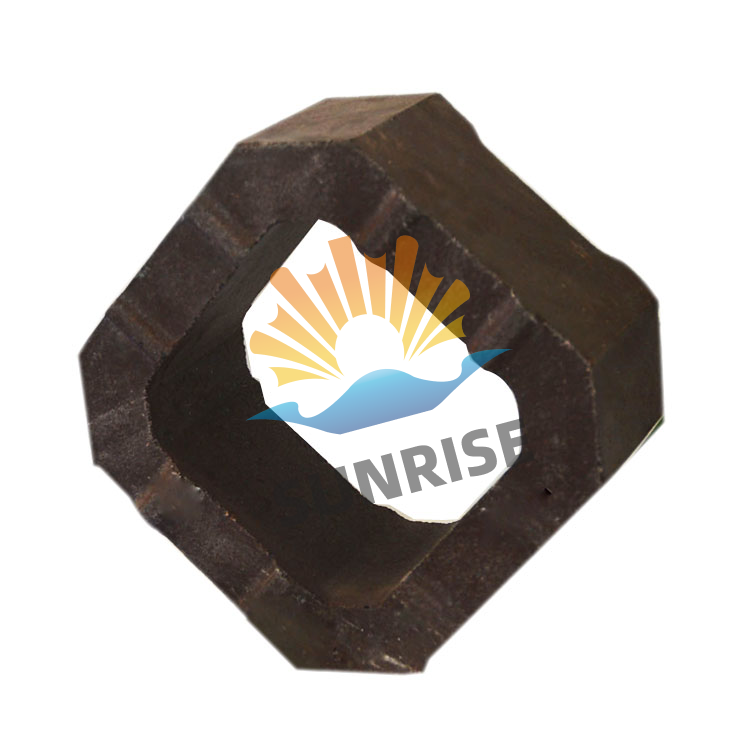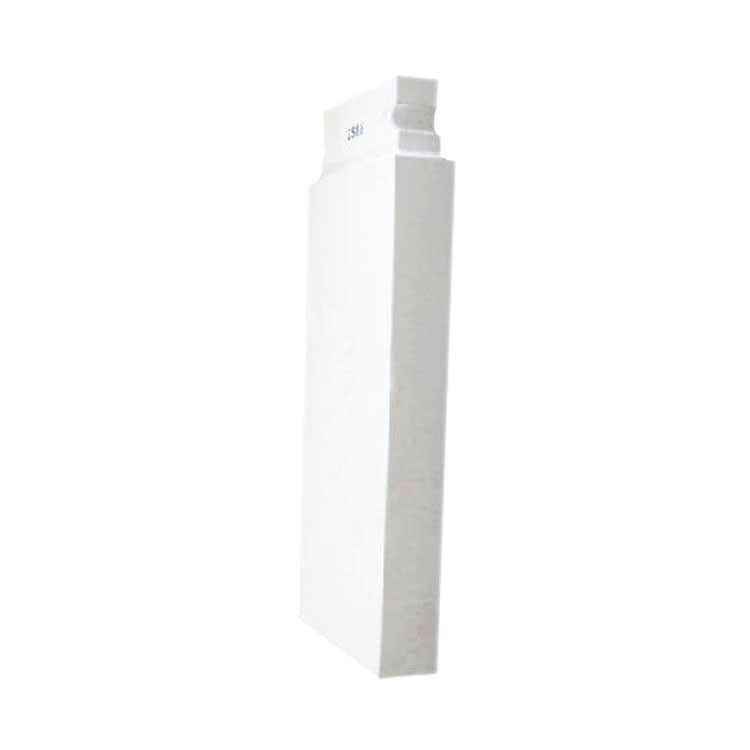.jpg?x-oss-process=image/resize,h_1000,m_lfit/format,webp)
In the realm of high-temperature industrial applications, the choice of refractory materials is crucial for the stable operation and efficiency of kilns. This article delves into the exceptional performance of magnesite bricks in high-temperature kilns, offering professional insights and practical guidance for businesses.
High-temperature kilns often face challenges such as mechanical wear, chemical corrosion from alkaline slags, and insufficient fire resistance. These issues can lead to frequent maintenance, reduced production efficiency, and increased costs. Magnesite bricks emerge as an ideal solution to address these problems.
.jpg)
Magnesite bricks possess remarkable physical and chemical properties. In terms of mechanical strength, they can withstand high pressures, with a compressive strength of up to 50 MPa, ensuring long - term stability in high - temperature environments. Their high refractoriness, reaching around 1700 - 2000°C, allows them to maintain their structural integrity even under extreme heat.
Chemically, magnesite bricks have excellent resistance to alkaline slags. The MgO content in magnesite bricks can react with alkaline substances in a stable way, forming a protective layer that effectively resists corrosion. For example, in a high - alkaline slag environment with a basicity of 1.5 - 2.0, magnesite bricks show significantly less corrosion compared to other refractory materials.
| Property | Value |
|---|---|
| Compressive Strength | Up to 50 MPa |
| Refractoriness | 1700 - 2000°C |
In glass kilns, magnesite bricks have been widely used. A glass manufacturing company in Europe replaced its traditional refractory materials with magnesite bricks in its melting furnace. As a result, the service life of the furnace increased from 2 - 3 years to 5 - 6 years. This not only reduced the frequency of furnace shutdowns for maintenance but also improved the quality of the glass products, increasing the production efficiency by about 15%.

Customers who have used magnesite bricks have given positive feedback. A customer from an iron and steel enterprise said, "Since we switched to magnesite bricks in our ladle, we have seen a significant reduction in lining repairs. The stability of the ladle operation has improved, and our production costs have decreased." Another customer in the cement industry mentioned, "Magnesite bricks have effectively resisted the high - temperature and corrosive environment in our kiln, ensuring the continuous and efficient operation of our production line."

In conclusion, magnesite bricks offer significant advantages in enhancing the refractory performance of high - temperature kilns, improving operational stability, and increasing production efficiency. By choosing magnesite bricks, businesses can gain a competitive edge in the market.
If you are interested in learning more about how magnesite bricks can transform your high - temperature kiln operations, click here to explore further.

